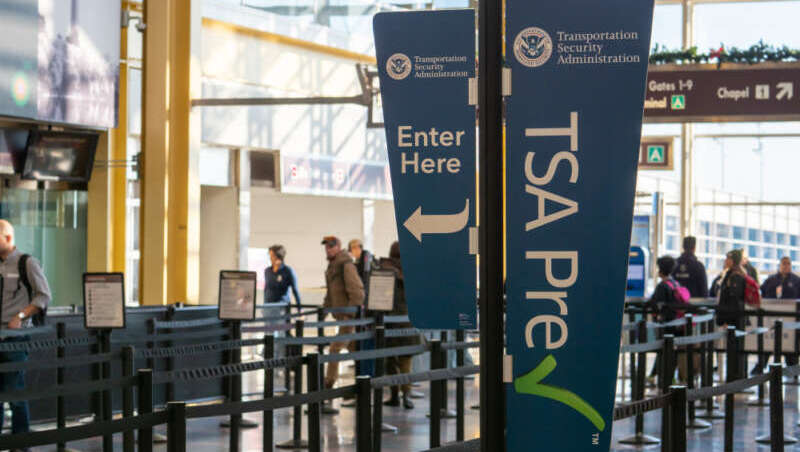
The Transportation Security Administration (TSA) plans to expand and modernize several of its customer experience (CX) technology initiatives in 2024.
According to the agency’s annual high-impact service provider (HISP) plan, TSA will deploy new programs – like a virtual assistant at tsa.gov – and expand on existing initiatives like facial recognition technologies.
According to the document, TSA has committed to expand its mobile driver’s license pilot to two additional states and one additional platform in 2024. TSA will expand the pilot for mobile driver’s license or digital ID at TSA checkpoints from seven to nine states, and from five to six platforms, giving more passengers digital ID options.
TSA said it will also double the number of airports that use facial recognition for Precheck, from five to 10 locations. The agency also plans to roll out a new round-the-clock virtual assistant to help answer customer inquiries.
Finally, the agency announced it will hire four CX strategists to oversee improvements at pilot airports to improve the customer experience of passengers, to include checkpoint experiences and airport-specific communications, training of TSA officers on customer interactions, and managing customer feedback insights.
As a HISP, the agency said it focuses on service assessments, collecting customer feedback, and making measured improvements for two designated services: completing the TSA passenger screening and getting help from TSA.
According to the agency, TSA screens over two million passengers and their property each day and over 750 million passengers annually at over 440 federalized airports to ensure the freedom of movement of people and commerce across the country. The document highlights that the TSA Contact Center receives two million contacts annually; TSA’s social media team, 2.1 million contacts; and TSA’s website, four million contacts.
Tracking with President Biden’s executive order on Transforming Federal Customer Experience and Service Delivery to Rebuild Trust in Government from December 2021, TSA highlighted some CX accomplishments in 2023.
For example, the agency said it delivered biometric screening technologies to improve security and efficiency of passenger checkpoints as well as trained staff in how CX supports security to improve passenger experience.
Congress has taken an interest in TSA’s use of facial recognition technology as of late, most recently introducing the Traveler Privacy Protection Act of 2023 to prohibit TSA from using facial recognition technology or facial matching software “in any airport unless such use is expressly authorized by an Act of Congress.”
